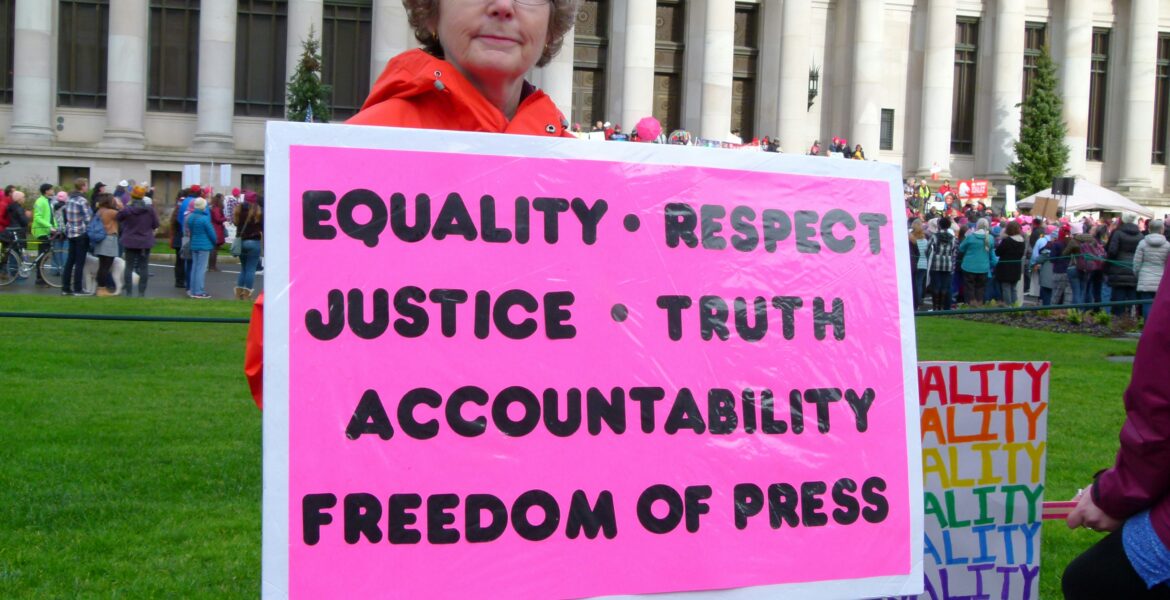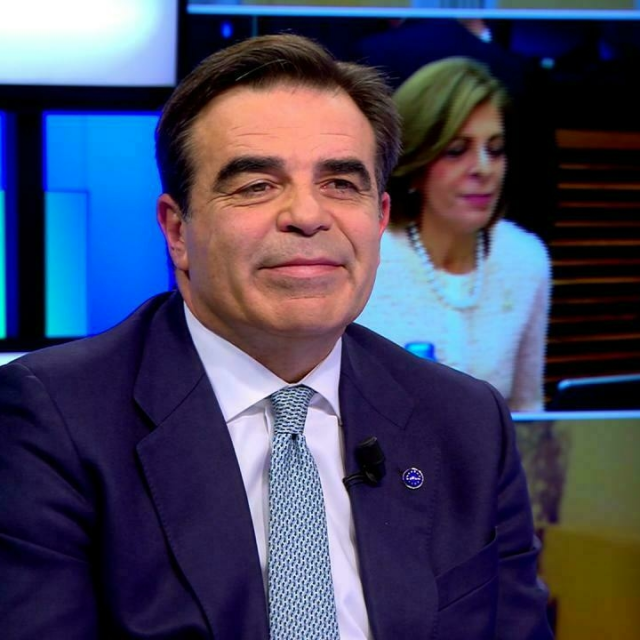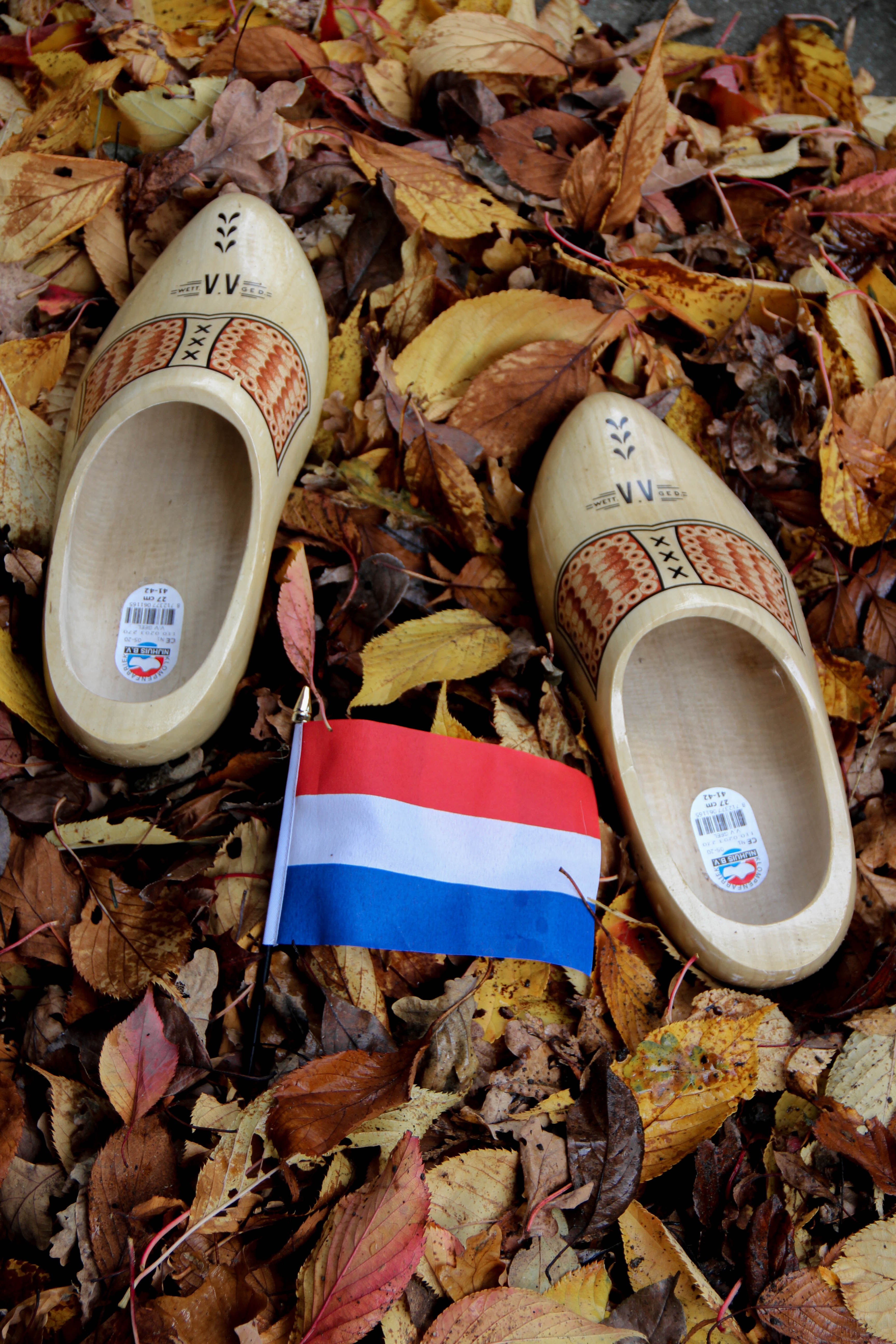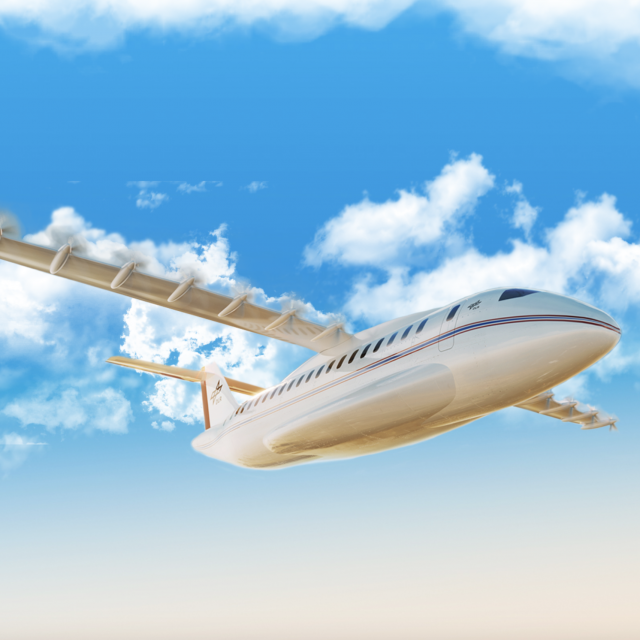Photo by Larry Alger on Unsplash
The economic indicator on the RSF World Press Freedom Index now stands at an unprecedented, critical low as its decline continued in 2025.
As a result, the global state of press freedom is now classified as a difficult situation for the first time in the history of the Index.
The issue of press freedom was acknowledged at Europe Day on 9 May, which commemorates the anniversary of the Schuman Declaration presented in 1950.
The leader of the Socialists and Democrats in the EU parliament, Iratxe García, spoke of the importance of this visionary project that introduced a new way of doing things through cooperation, mutual respect, integration, and common interests.
The Spanish MEP added, “What began as a peace project between former adversaries became the most successful model of democratic integration in history: the European Union.”
She said, “Seventy-five years since the Schuman Declaration, its spirit remains more relevant than ever.
“In a world marked by war on European soil, rising extremism, and growing geopolitical fragmentation, we are reminded that the European Union is not only an economic union but also project that once put an end to hate and poverty, and built a Union of prosperity.
“The Socialists and Democrats will continue defending this project from the European Parliament – the heart of our Union’s democratic life, the values on which Europe was built: human dignity, freedom, equality, the rule of law, and social justice.
“It is our responsibility to ensure that the EU leads in protecting rights, tackling the climate crisis, securing a fair digital transition, and standing up for peace and democracy – both at home and abroad.
“We must respond with more Europe: a stronger, more sovereign, and more united Union, capable of acting with courage and compassion.
Further comment came from ECR Group co chair Patryk Jaki.
The MEP said, “On the eightieth anniversary of World War II you are talking about responsibility, courage, justice. But those are only words. We are still waiting for action.”
“Poland, the country where the war was started, was divided between Germany and Russia by the Molotov-Ribbentrop Pact.”
“From the first to the last day of the war, Poland was on the right side. It had no institutional collaborators and lost almost 30 per cent of its own pre-war resources – the most in Europe – and six million citizens.”




